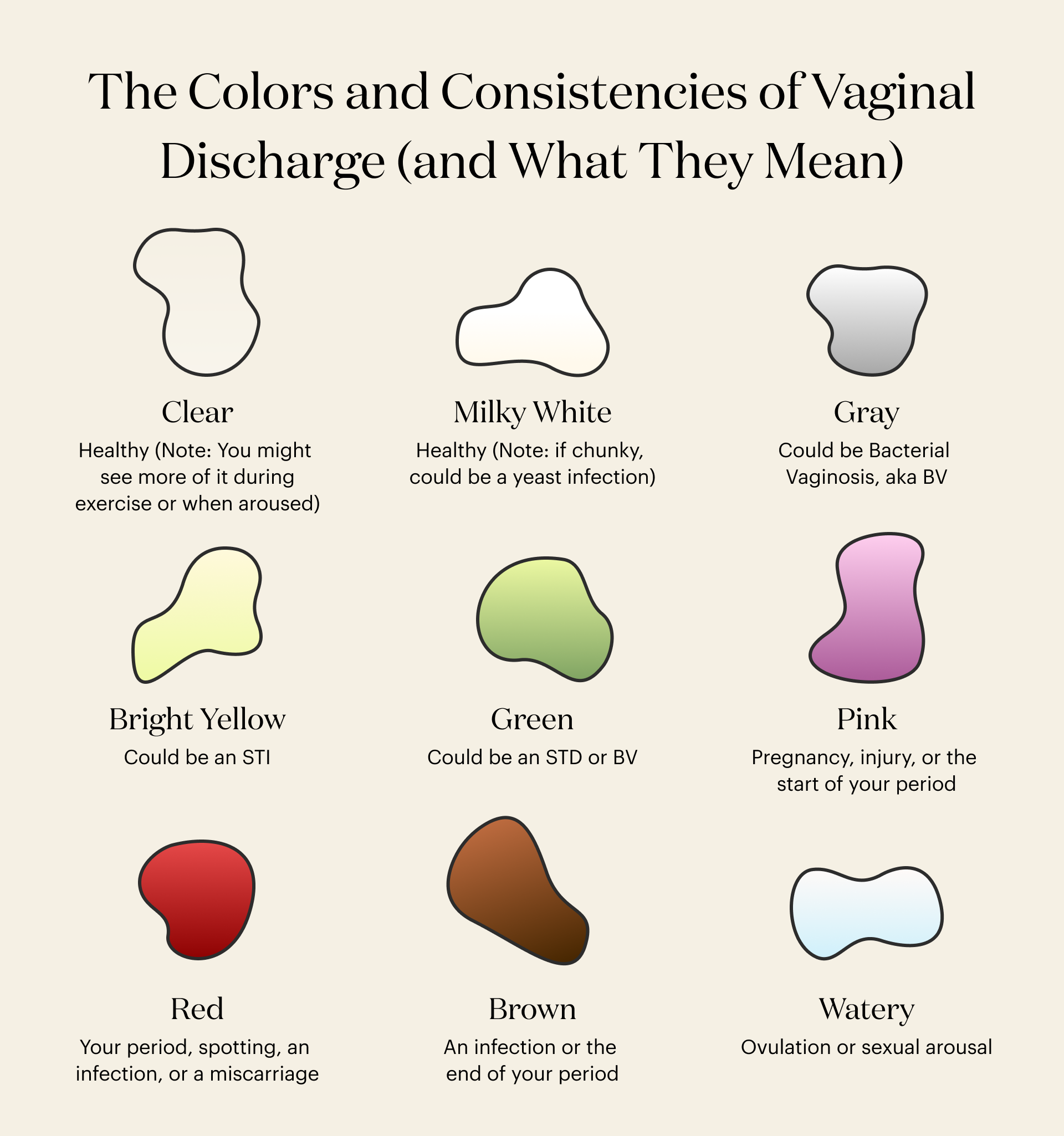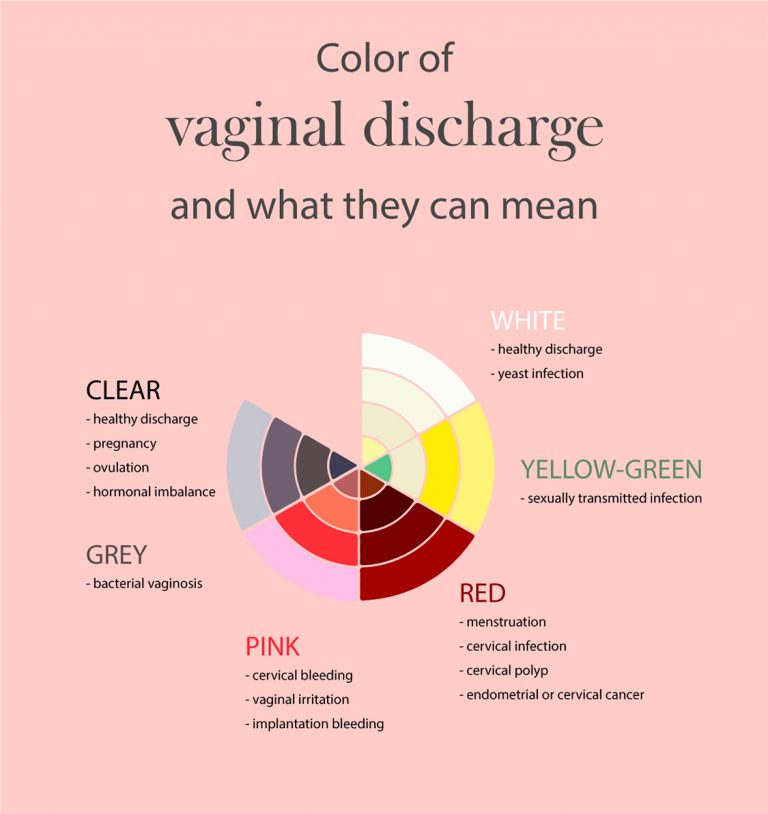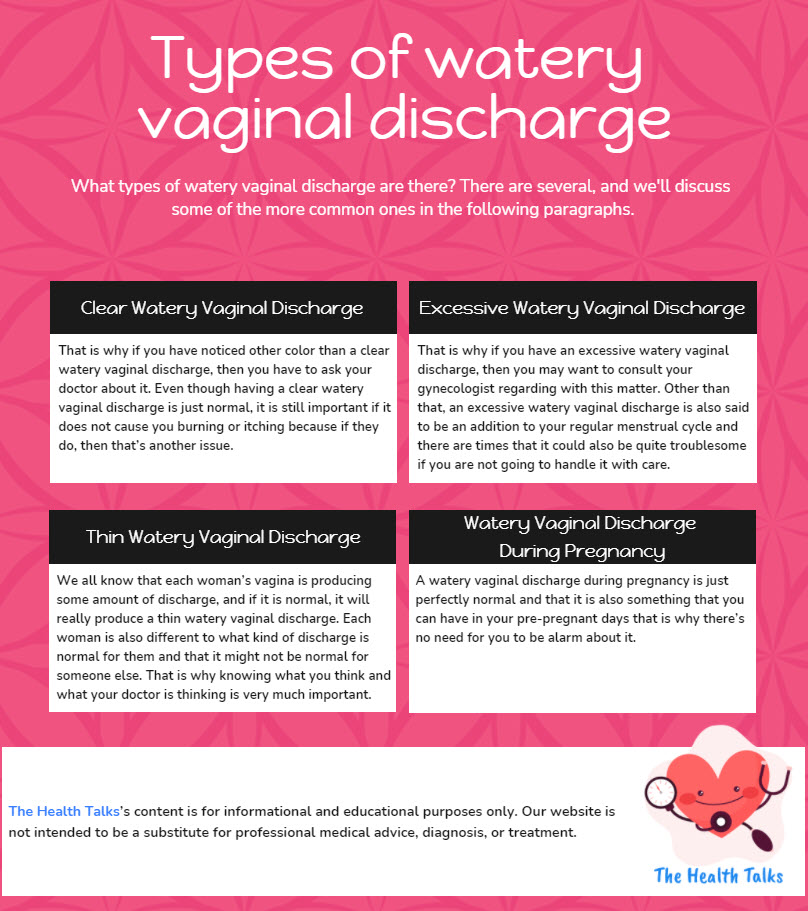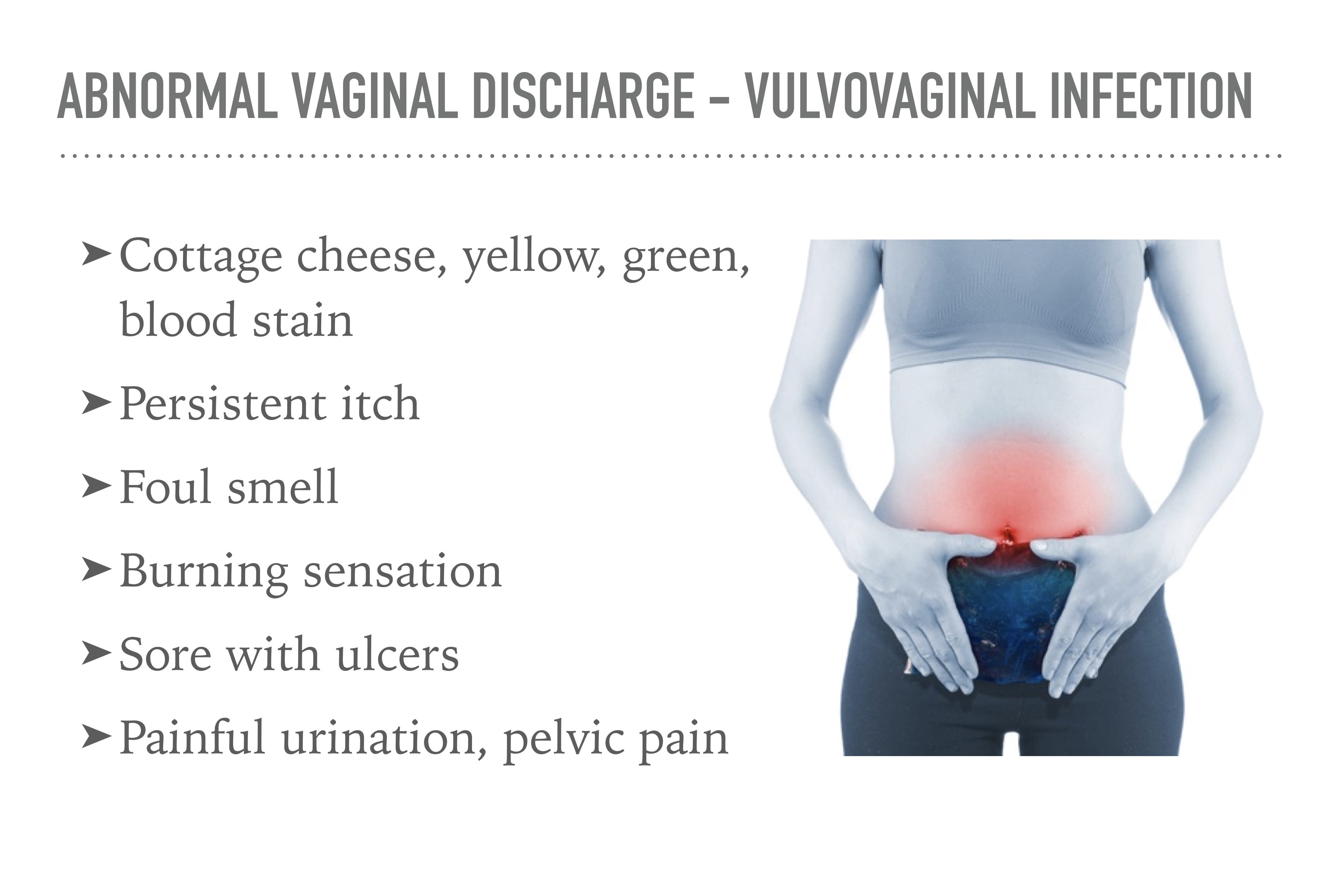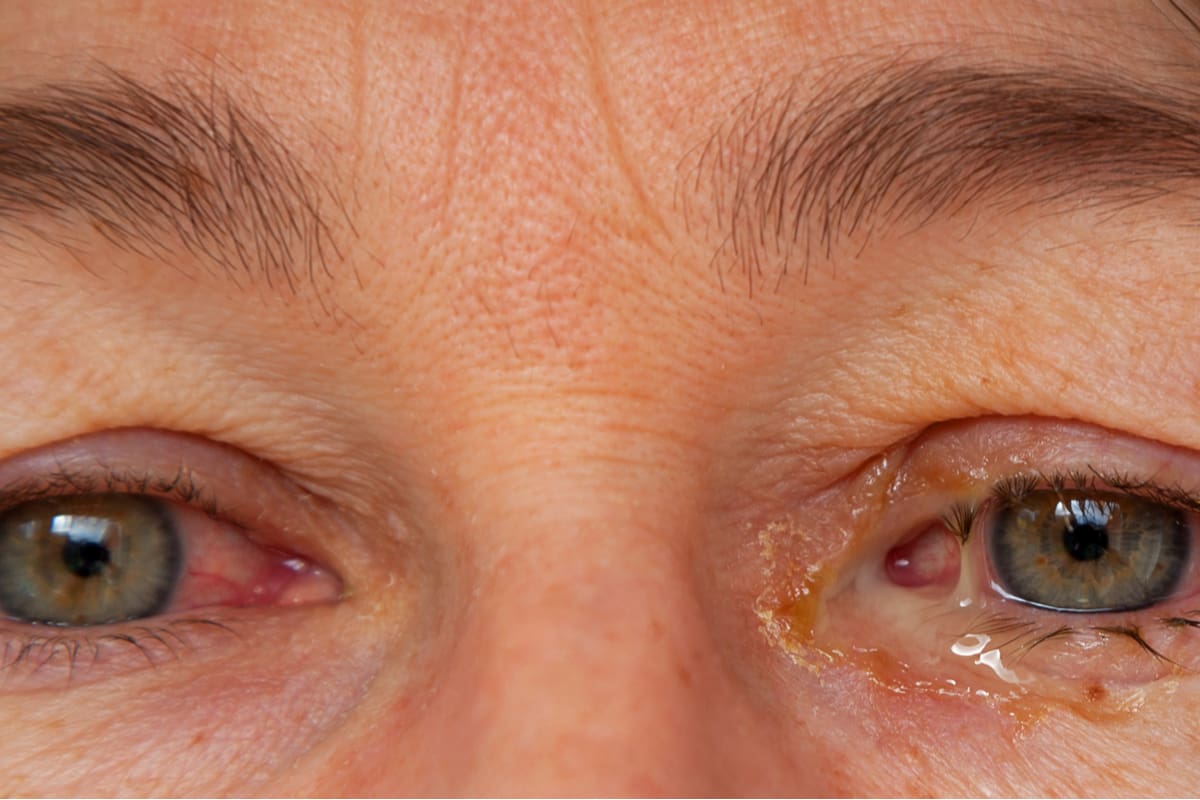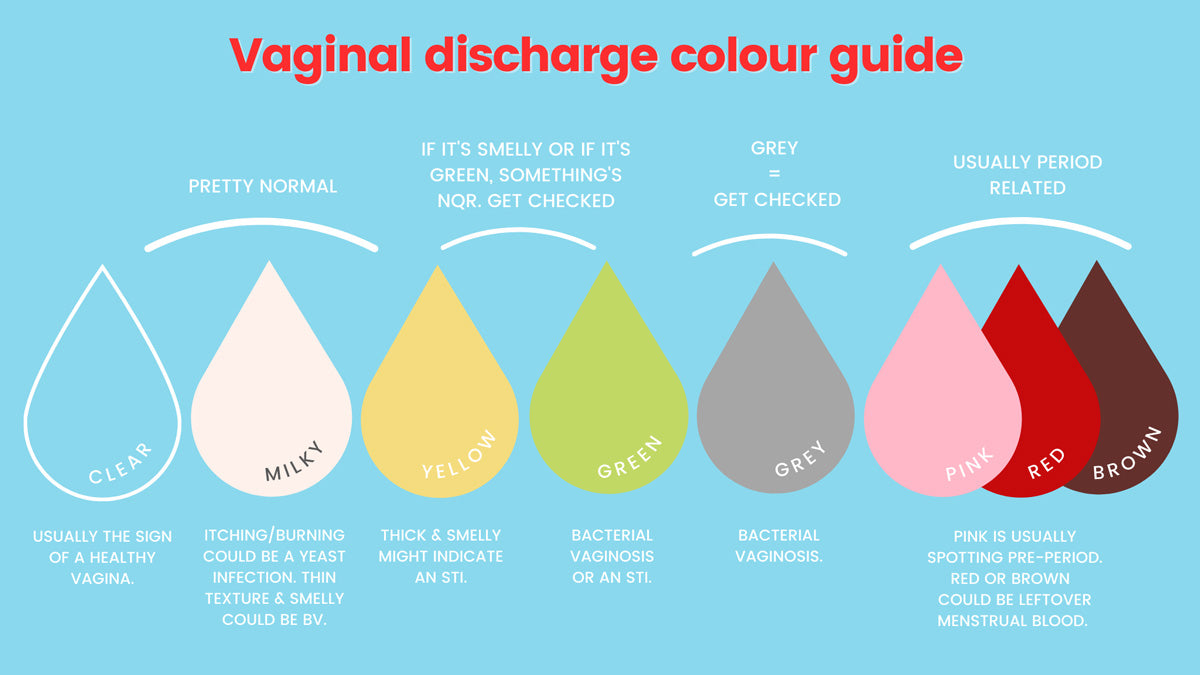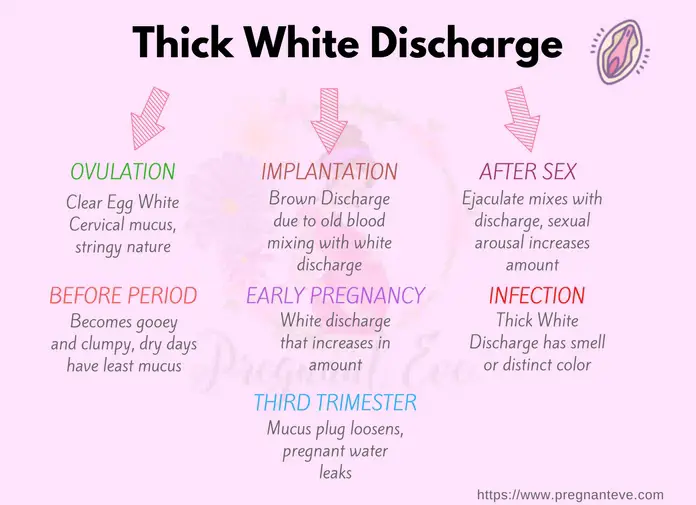Why Do I Have An Excessive Amount Of Discharge
Why Do I Have An Excessive Amount Of Discharge - Watery discharge is usually a sign of a healthy vagina. But if you have watery or thin discharge with itching or soreness in the. Your vaginal discharge may change. Reasons for excess vaginal discharge include taking antibiotics, being pregnant, diabetes, birth control pills, stress, as well as infections such. Changes in the color, texture, smell or amount of your usual vaginal discharge may mean there is a problem. Learn what excess vaginal discharge means and whether you should be concerned.
But if you have watery or thin discharge with itching or soreness in the. Reasons for excess vaginal discharge include taking antibiotics, being pregnant, diabetes, birth control pills, stress, as well as infections such. Changes in the color, texture, smell or amount of your usual vaginal discharge may mean there is a problem. Your vaginal discharge may change. Learn what excess vaginal discharge means and whether you should be concerned. Watery discharge is usually a sign of a healthy vagina.
Watery discharge is usually a sign of a healthy vagina. Reasons for excess vaginal discharge include taking antibiotics, being pregnant, diabetes, birth control pills, stress, as well as infections such. Changes in the color, texture, smell or amount of your usual vaginal discharge may mean there is a problem. But if you have watery or thin discharge with itching or soreness in the. Learn what excess vaginal discharge means and whether you should be concerned. Your vaginal discharge may change.
Vaginal discharge, types of vaginal discharge, vaginal discharge
Your vaginal discharge may change. But if you have watery or thin discharge with itching or soreness in the. Changes in the color, texture, smell or amount of your usual vaginal discharge may mean there is a problem. Learn what excess vaginal discharge means and whether you should be concerned. Watery discharge is usually a sign of a healthy vagina.
How To Get Rid Of A Discharge Askexcitement5
Your vaginal discharge may change. Learn what excess vaginal discharge means and whether you should be concerned. Reasons for excess vaginal discharge include taking antibiotics, being pregnant, diabetes, birth control pills, stress, as well as infections such. But if you have watery or thin discharge with itching or soreness in the. Watery discharge is usually a sign of a healthy.
Vaginal Discharge & Its Types
But if you have watery or thin discharge with itching or soreness in the. Your vaginal discharge may change. Learn what excess vaginal discharge means and whether you should be concerned. Reasons for excess vaginal discharge include taking antibiotics, being pregnant, diabetes, birth control pills, stress, as well as infections such. Changes in the color, texture, smell or amount of.
💖 Watery Vaginal Discharge Causes, Symptoms and Treatment
Your vaginal discharge may change. But if you have watery or thin discharge with itching or soreness in the. Changes in the color, texture, smell or amount of your usual vaginal discharge may mean there is a problem. Reasons for excess vaginal discharge include taking antibiotics, being pregnant, diabetes, birth control pills, stress, as well as infections such. Learn what.
Vaginal Discharge & Itch Anthony Siow
But if you have watery or thin discharge with itching or soreness in the. Reasons for excess vaginal discharge include taking antibiotics, being pregnant, diabetes, birth control pills, stress, as well as infections such. Watery discharge is usually a sign of a healthy vagina. Changes in the color, texture, smell or amount of your usual vaginal discharge may mean there.
Eye Discharge Causes, Treatment, and More
Reasons for excess vaginal discharge include taking antibiotics, being pregnant, diabetes, birth control pills, stress, as well as infections such. Learn what excess vaginal discharge means and whether you should be concerned. Your vaginal discharge may change. But if you have watery or thin discharge with itching or soreness in the. Watery discharge is usually a sign of a healthy.
What Is Vaginal Discharge?
Watery discharge is usually a sign of a healthy vagina. Your vaginal discharge may change. But if you have watery or thin discharge with itching or soreness in the. Reasons for excess vaginal discharge include taking antibiotics, being pregnant, diabetes, birth control pills, stress, as well as infections such. Changes in the color, texture, smell or amount of your usual.
What does my discharge mean? All your FAQs Moxie
Changes in the color, texture, smell or amount of your usual vaginal discharge may mean there is a problem. Learn what excess vaginal discharge means and whether you should be concerned. Your vaginal discharge may change. But if you have watery or thin discharge with itching or soreness in the. Watery discharge is usually a sign of a healthy vagina.
Thick White Discharge Types, Causes & Treatment
Changes in the color, texture, smell or amount of your usual vaginal discharge may mean there is a problem. But if you have watery or thin discharge with itching or soreness in the. Learn what excess vaginal discharge means and whether you should be concerned. Reasons for excess vaginal discharge include taking antibiotics, being pregnant, diabetes, birth control pills, stress,.
6 Common Causes You May Get VAGINAL Discharge By Dr. Parul Jain Lybrate
Learn what excess vaginal discharge means and whether you should be concerned. Watery discharge is usually a sign of a healthy vagina. But if you have watery or thin discharge with itching or soreness in the. Changes in the color, texture, smell or amount of your usual vaginal discharge may mean there is a problem. Your vaginal discharge may change.
Watery Discharge Is Usually A Sign Of A Healthy Vagina.
Changes in the color, texture, smell or amount of your usual vaginal discharge may mean there is a problem. Learn what excess vaginal discharge means and whether you should be concerned. But if you have watery or thin discharge with itching or soreness in the. Reasons for excess vaginal discharge include taking antibiotics, being pregnant, diabetes, birth control pills, stress, as well as infections such.

